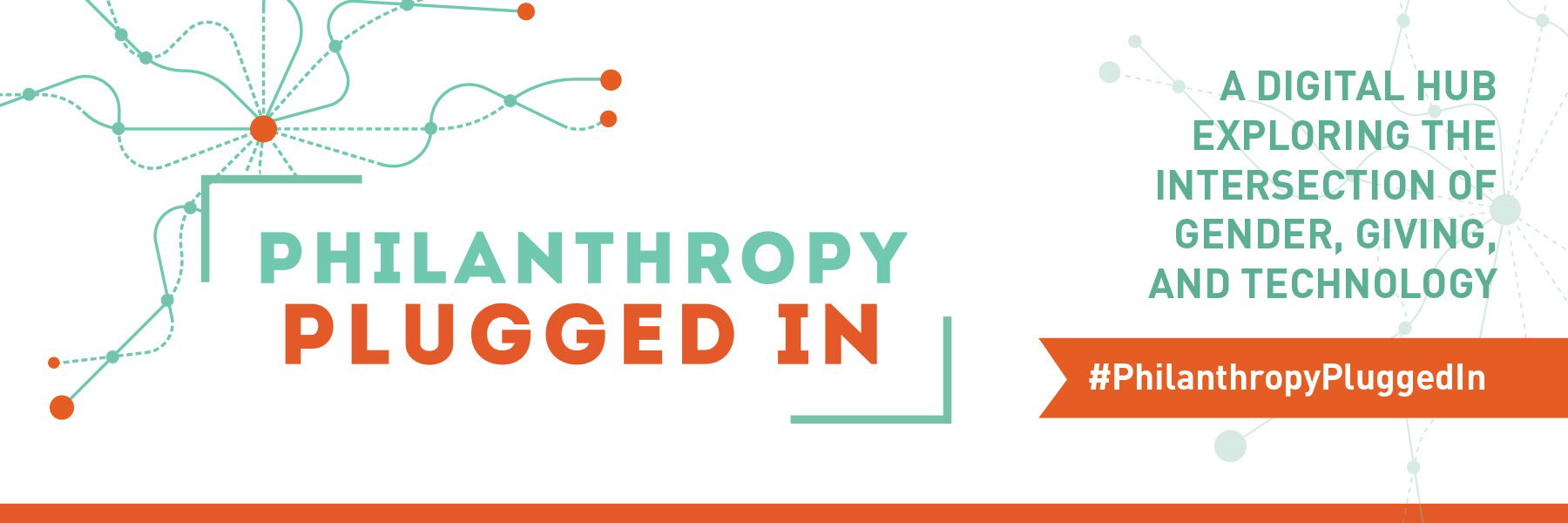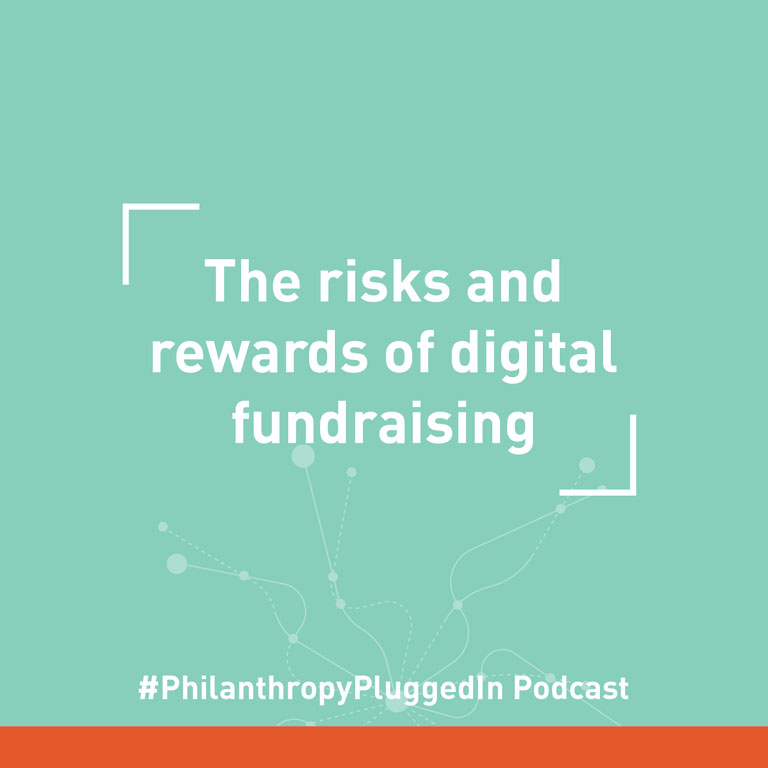Jamie McDonald
 Jamie McDonald is a nationally known thinker and leader on social impact and movement building. Jamie serves as an advisor to socially motivated leaders at large companies, cutting edge startups, and nonprofits. Jamie is also the chief strategy officer for GivingTuesday, the global generosity movement.
Jamie McDonald is a nationally known thinker and leader on social impact and movement building. Jamie serves as an advisor to socially motivated leaders at large companies, cutting edge startups, and nonprofits. Jamie is also the chief strategy officer for GivingTuesday, the global generosity movement.
In 2011, Jamie founded GiveCorps, a community building and online giving SaaS software platform that was acquired by Network for Good, the nation’s largest online charitable giving company, in 2015. Before becoming an entrepreneur, Jamie was a managing director at Deutsche Bank/Alex. Brown, where she enjoyed a 16-year career, and led several groups within investment banking, including the Private Equity Coverage Group, managing relationships with DB Alex. Brown’s private equity clients.
In 2015, Jamie was honored to speak to Giving Pledge members at the launch of American Philanthropy, the Smithsonian Museum of American History’s new permanent collection on philanthropy in the United States. She has also been featured in publications including The Wall Street Journal, the Huffington Post, The Chronicle of Philanthropy, the White House Social Innovation Blog, NTEN, The Baltimore Sun, and many others. She is featured in the recently released book, Women Make Great Leaders, by bestselling author Jill Griffin.
Jamie is deeply engaged in her beloved city of Baltimore. She was named Maryland Innovator of the Year in 2012. She was named one of Baltimore Business Journal’s “40 under 40.” She received the SiloBreaker award from Betamore in 2016. She received the Downtown Partnership’s award for impact on Baltimore in 2016. She received the William Donald Schaefer award for the City of Baltimore in 2017. She was recognized as an Activist to Watch in 2017.
Jamie McDonald attended Cornell University for graduate school, focusing on International Development in a joint program between the College of Human Ecology and the Johnson Graduate School of Management. She graduated Summa Cum Laude from Philadelphia University.



 Donna Callejon is the chief business partnership officer and director, Disaster Recovery Network, at GlobalGiving. She is responsible for the development of corporate and other strategic partnerships, and for leading the Disaster Recovery Network at GlobalGiving.
Donna Callejon is the chief business partnership officer and director, Disaster Recovery Network, at GlobalGiving. She is responsible for the development of corporate and other strategic partnerships, and for leading the Disaster Recovery Network at GlobalGiving.
 Jamie McDonald is a nationally known thinker and leader on social impact and movement building. Jamie serves as an advisor to socially motivated leaders at large companies, cutting edge startups, and nonprofits. Jamie is also the chief strategy officer for GivingTuesday, the global generosity movement.
Jamie McDonald is a nationally known thinker and leader on social impact and movement building. Jamie serves as an advisor to socially motivated leaders at large companies, cutting edge startups, and nonprofits. Jamie is also the chief strategy officer for GivingTuesday, the global generosity movement.